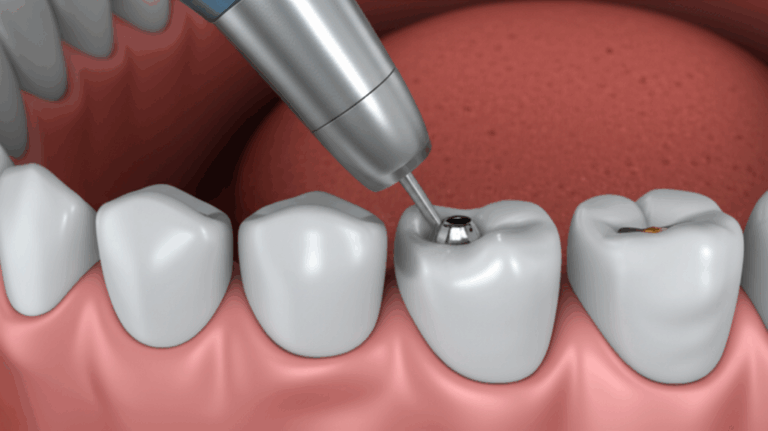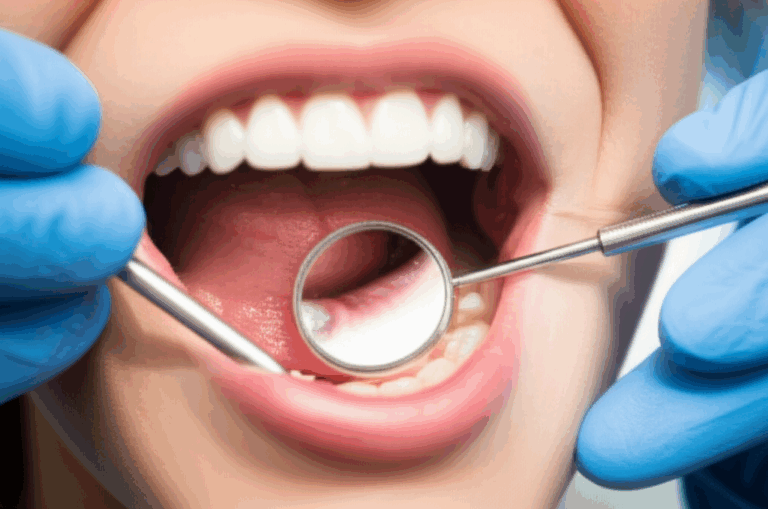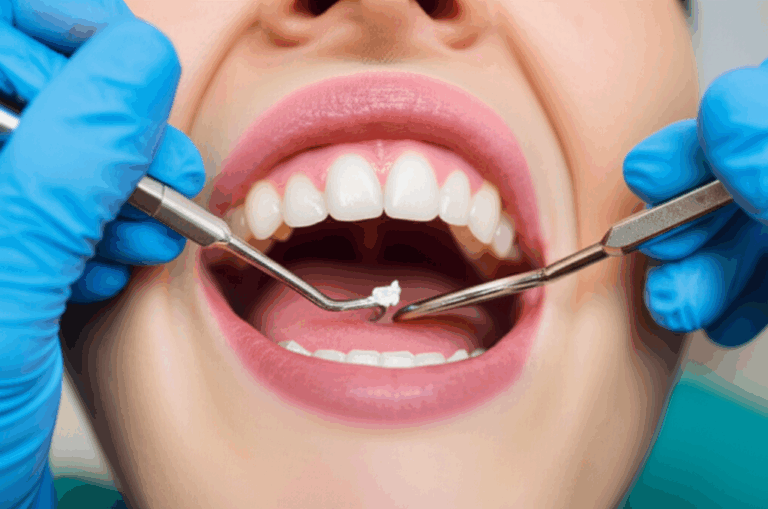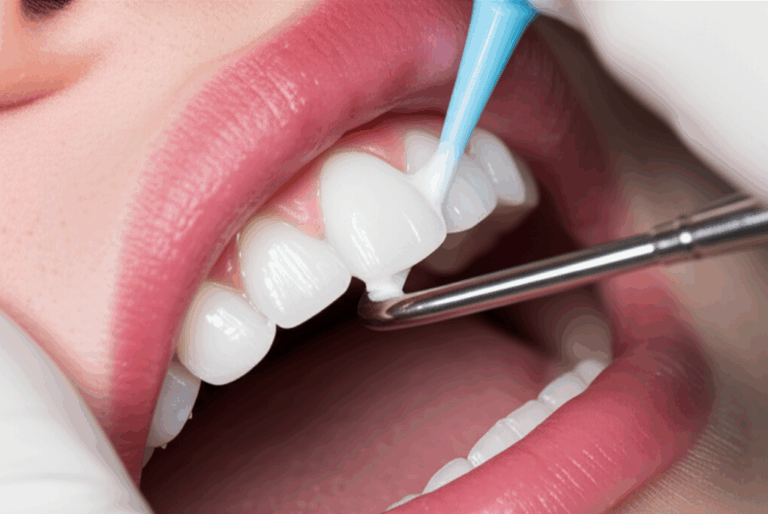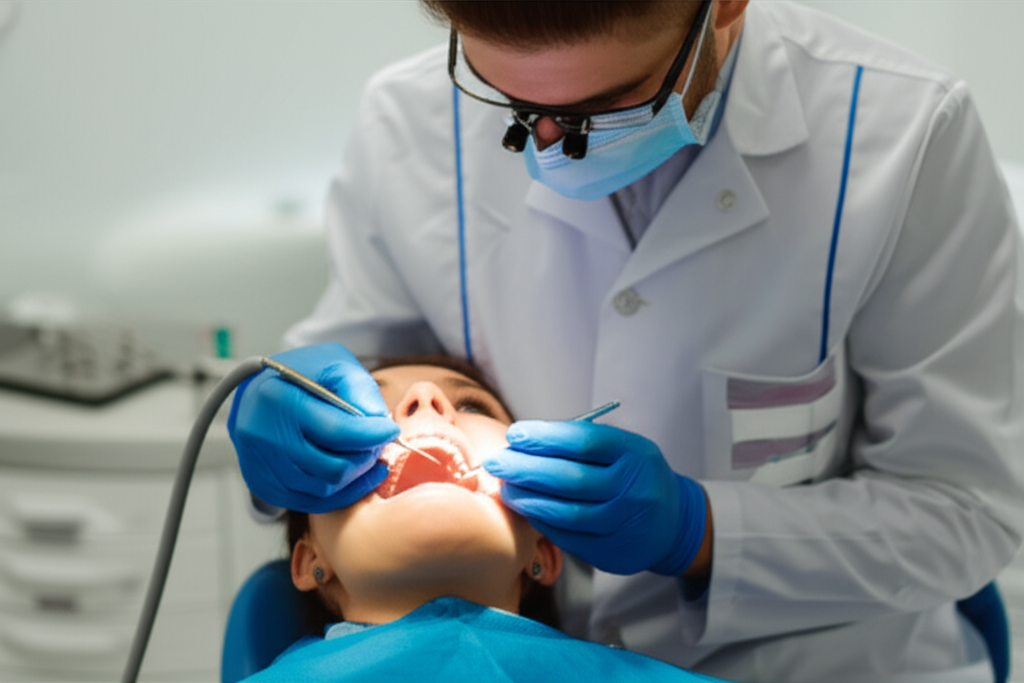
What Are the Skills Needed to Be a Dentist?
Your Essential Guide to Building a Rewarding Career in Dentistry
Let’s be honest: If you’re reading this, you might be wondering, “Do I have what it takes to become a dentist?” Or maybe you’re a parent and want to know what your child is getting into if they’re thinking about becoming a dentist. Even if you’re just looking for a good dentist, it helps to know what makes a great one.
And you’re right to ask! Dentistry isn’t just about fixing cavities or making teeth look shiny. Dentists need to mix hands-on skills with kindness, technical know-how with some business smarts, and steady hands with a friendly attitude.
Let’s break down exactly what skills you need—and why they matter.
In This Article
- The Many Sides of a Dentist: Why Skills Matter
- Core Clinical and Technical Skills
- Crucial Interpersonal and Communication Skills
- Business Acumen and Management Skills
- How to Develop Dental Skills
- Who Thrives as a Dentist?
- Your Healthy Takeaway: Key Skills at a Glance
- Frequently Asked Questions
The Many Sides of a Dentist: Why Skills Matter
If you think dentists just fill cavities, think again. Dentistry is a job with many sides that needs a mix of good hand skills, science knowledge, business know-how, and—maybe most important—a caring attitude.
Here’s why each skill matters:
- How good a dentist is can change your comfort, your results, and your long-term oral health.
- The best dentists do lots of things: healthcare worker, problem solver, teacher, small business owner, and team leader.
- Kindness, talking skills, and being calm can make a scary dental visit much better.
Dentistry isn’t a job for everyone. It takes both careful work and the ability to make people feel at ease.
Core Clinical and Technical Skills
Here’s where the real work happens—or, you could say, where the tool meets the tooth!
Manual Dexterity and Hand-Eye Coordination
Dentists do tiny, careful work in a space about as big as a bottle cap. It’s like carving something small while looking through a little mirror. That takes:
- Steady Hands: For small jobs like fillings, crowns, or pulling teeth.
- Fine Movements: Because even a small slip can make a big difference.
- Good Eyesight: Dentists often use magnifying glasses to see details.
How important is this? Almost every dental school wants you to prove you’re good with your hands—sometimes through sculpture projects or wax carving.
Real-World Example
Ever seen a jeweler fixing a ring? Dentistry is like that—no room for mistakes, and the “gems” are your teeth.
Strong Understanding of Anatomy and Physiology
Dental work isn’t just about teeth. Dentists learn about your whole mouth and jaw area—that means your jaws, tongue, nerves, and blood vessels under the skin.
- Knowing all this lets them use medicine safely, avoid hurting nerves, and do the right treatments.
- Dentists can often find signs of other health problems—like diabetes or vitamin shortages—just by looking in your mouth.
Diagnostic and Problem-Solving Abilities
Not every toothache is easy to figure out. Dentists:
- Figure out tough cases when pain could come from teeth, gums, or even somewhere else.
- Spot warning signs using X-rays, mouth exams, and digital tools.
- Pick the right treatment from many choices—sometimes right on the spot.
Think of a dentist as a tooth detective, putting together clues to give you the care you need.
Scientific Aptitude and Lifelong Learning
Dentistry is where biology, chemistry, and new tech meet.
- New things like digital impressions, CAD/CAM crowns, and laser dentistry mean you’re always learning.
- Dentists need to read new info, go to classes, and maybe even work with digital dental labs.
Curiosity about science—and wanting to keep learning—is a must.
Spatial Reasoning and Visual Perception
Every mouth is unique, and dentists have to:
- Picture 3D spaces in small areas.
- Plan work that gives back both good chewing and a nice look.
- See in their minds how things like crowns or veneers will fit in the mouth.
It’s a bit like being both a builder and a worker—designing and making at once.
Crucial Interpersonal and Communication Skills
You could be the best at fixing teeth, but if you can’t talk to people, you’ll never be their favorite dentist. The real magic is bringing good skills and a caring attitude together.
Empathy and Compassion
Lots of people are scared of the dentist—some studies say about 60%.
A caring dentist will:
- Notice when you’re upset and try to help you calm down.
- Explain what’s going to happen so you’re not so scared.
- Remember that every patient is a person with a life outside the dental chair.
Kindness isn’t just nice—it keeps people coming back and helps them follow advice.
Excellent Communication (Verbal and Non-Verbal)
It’s hard to talk when someone’s working in your mouth! Good dentists:
- Explain things in easy words, not confusing ones.
- Listen to your troubles and your past experiences.
- Use body language and eye contact to help you feel safe and sure.
- Work well with assistants, hygienists, and sometimes, dental lab techs.
Quick Fact:
Over 70% of patient complaints are because of bad communication—not bad treatment.
Patience and Resilience
- Some treatments last a long time and need a lot of focus.
- Some patients, like kids or nervous adults, may need extra time or even reject care at first.
- Being able to stay calm and patient—even on tough days—really matters.
Professionalism and Ethical Conduct
A dentist deals with private health info, gives out medicine, and sometimes faces tough choices.
- Always following the rules and keeping secrets is key to trust.
- Good dentists put your health first, not money or what’s easier.
Teamwork and Leadership
Dentistry is hardly ever just one person. The dentist leads a team—like hygienists, assistants, and sometimes other specialists.
- A good leader teaches and helps the team do their best.
- Working side-by-side takes humbleness and good communication.
Business Acumen and Management Skills
A lot of people don’t know more than 80% of dentists in some countries end up owning or running an office. This means:
Financial Management
- Dentists need to know basic business things—like making a budget and paying taxes.
- Knowing about dental insurance, billing, and keeping costs down helps keep the office open.
Staff Management and Human Resources
- A good dental team doesn’t just happen. Dentists have to hire, train, and encourage everyone.
- Happy staff mean less people quitting and a better place for patients.
Marketing and Patient Acquisition
- Knowing how to find new patients (especially with lots of other dentists around) keeps business going.
- Dentists use things like community events, education, and sometimes online ads to get new patients.
Organizational and Time Management
- Planning appointments well isn’t only about short waits; it’s about showing you care about people’s time.
- Managing supplies, ordering, and making the day run smoothly is needed every single day.
> Pro Tip: Even if you never want to run your own office, knowing some business helps you be a better team player.
How to Develop Dental Skills
Nobody’s born with all these skills (can you imagine a baby using a dental drill—yikes!). Here’s how you build them:
Academic Preparation
- Start early: High school and college classes in biology, chemistry, and anatomy help a lot.
- Work on your hands: Doing things like sculpting, playing music, or model building can help you get better.
- Get ready for the DAT: The Dental Admission Test checks your brain skills and your ability to picture things—so practice!
Hands-On Experience
- Hanging out with a local dentist, helping at clinics, or joining pre-dental programs gives you a real idea of what the job is.
- Some students volunteer in other countries to get even more experience.
Dental School Training
- Four years (or more) spent in classroom learning, hands-on labs, and working with real patients.
- Lots of feedback helps you become skilled in both the science and the art of dentistry.
Continuing Education
- The learning never stops. Dentists take classes every year to learn about new tools like digital dental lab solutions or new types of materials.
- Some dentists go on to specialize—like in braces, surgery, or working with kids.
Learning From Each Case
- Every patient and every job teaches you something new.
- Learning from your team and patients keeps you getting better.
Who Thrives as a Dentist?
Let’s be honest: Not everybody will like—or be good at—being a dentist. Here’s what dentists who do well usually have:
- Good Eyes and Hands: If you liked crafts, drawing, or fixing things as a kid, that helps.
- Curiosity: Dentistry changes a lot; people who like learning new stuff are happy here.
- Strong Stomach: You sometimes have to deal with messy mouths.
- People Skills: Most of your day you’ll be helping scared or worried people.
- Bounce-Back Attitude: Being able to move on from tough cases or mistakes is important.
- Some Business Skills: Even if you work for someone else, knowing about the business side is helpful.
Self-Check Tip: Do you like solving problems? Are you patient with yourself and others? Do you want to keep learning? If you say yes, dentistry could be great for you.
Your Healthy Takeaway: Key Skills at a Glance
Here’s the quick list—save this if you’re thinking about being a dentist, or if you’re looking for one:
Main Clinical & Technical Skills
- Good hands and eyes
- Strong knowledge of the mouth and teeth
- Ability to spot and solve problems
- Love of science and technology
- Can picture and plan in 3D
Important People Skills
- Kindness and understanding
- Can talk and listen clearly
- Patient and handles stress well
- Professional and follows rules
- Works well with others
Business & Office Skills
- Basic money smarts
- Leads and builds a happy team
- Gets new patients
- Plans and organizes well
How to Build These Skills
- Take science classes
- Get experience by shadowing or helping
- Go to dental school and get hands-on practice
- Keep learning all the time
Frequently Asked Questions
Q: Can you be a dentist if you’re not good at art or crafts?
A: Sure! While good hand skills and a bit of an “artistic eye” help, practice and hard work matter more. Most skills, like steady hands or working in small spaces, can be learned if you keep at it.
Q: What about technology skills?
A: Dentistry is using more tech every year. Knowing about digital impressions, CAD/CAM machines, and digital records helps you stand out—and you’ll learn this in dental school and on the job.
Q: How important is empathy, really?
A: It’s huge! If a dentist can understand and help with people’s fears, it can really help their good name. Offices that focus on kindness get better reviews and more returning patients.
Q: Do dentists have to run their own clinics?
A: Not at all. Dentists can work in big offices, teach, or do research and hospital work. But a lot like the freedom and challenge of owning a practice.
Q: Is there a “perfect” type of person for dentistry?
A: Nobody’s perfect! What matters is wanting to learn, having a steady hand, caring about people, and being curious about how things work.
Final Thoughts: Empowering Your Next Steps
A dentist isn’t just someone who fixes teeth—they comfort, create, solve, and build. If you’re thinking of this path, know it’ll take a lot from you, but the chance to help people smile, feel better, and live without pain is worth it.
If you’re looking for a dentist, remember: Skills and kindness together make the best dental visits. Don’t be shy—ask how they work. Find someone who makes you feel at ease and really listens.
If you’re hoping to become a dentist, take your interests seriously—research schools, try shadowing a dentist, and see if these skills fit you. There’s always a need for great, caring dentists.
Still have questions?
Reach out to your local dental clinic or check the American Dental Association (ADA) website for more career info. And of course, always take good care of your own teeth—no matter what!
Smile as much as you can, keep learning, and be proud of every tooth—yours and your patients’.
This guide was written to help you get to know the world of dentistry, whether you’re thinking about a career or just want good care. For more on dental technology, you can also see resources from labs like china dental lab.
Remember, there’s no silly questions when it comes to your health or your dreams!

